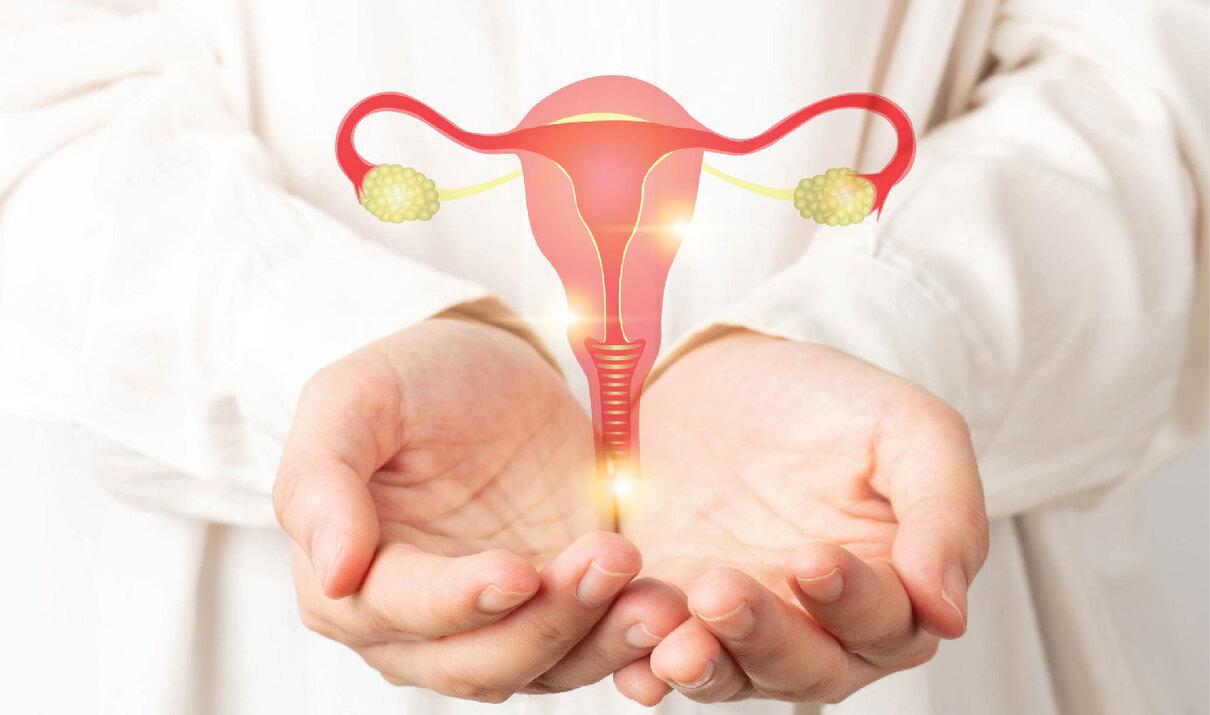IVF (In Vitro Fertilization) and IUI (Intrauterine Insemination) are two of the most widely used fertility treatments worldwide. They are often recommended to couples who have been trying to conceive for over a year without success. At the center of assisted reproductive technology is Infertility Treatment in Dubai, offering world-class options for individuals and couples who wish to grow their families.
While both treatments aim to assist with conception, they operate differently. IUI involves placing sperm directly into the uterus during ovulation, while IVF involves retrieving eggs, fertilizing them in a lab, and transferring embryos into the uterus. The effectiveness of each treatment depends on a variety of factors including age, underlying fertility issues, and the overall reproductive health of both partners.
Success Rates of IVF and IUI
IVF generally has a higher success rate than IUI. Studies show that IVF success rates for women under 35 can be between 40-50% per cycle, while IUI success rates fall between 10-20% per cycle. However, multiple IUI cycles are often tried before moving to IVF. The number of embryos transferred during IVF can also affect the likelihood of a successful pregnancy.
Factors influencing success rates:
- Age of the woman
- Cause of infertility
- Number of embryos transferred
- Uterine health
- Sperm quality and quantity
When Is IVF Recommended?
IVF is typically recommended in the following scenarios:
- Blocked or damaged fallopian tubes
- Severe male factor infertility
- Endometriosis
- Genetic disorders
- Recurrent IUI failures
- Unexplained infertility
Because of its higher effectiveness, IVF is often considered the next step when other fertility treatments, including IUI, are unsuccessful.
When Is IUI a Good Choice?
IUI is often chosen as an initial treatment due to its simplicity and less invasive nature. It is suitable in cases such as:
- Mild male infertility
- Cervical factor infertility
- Ovulation problems
- Donor sperm use
- Unexplained infertility
Doctors may recommend three to six cycles of IUI before moving to IVF if conception does not occur.
Age and Treatment Effectiveness
Age plays a crucial role in determining the success of both IVF and IUI. Women under 35 tend to have higher success rates with either treatment. As women age, egg quality and quantity decline, reducing the chances of pregnancy. For women over 40, IVF tends to be more effective than IUI due to more advanced control over fertilization and embryo selection.
Male Infertility and Assisted Reproductive Technology
Both IVF and IUI are capable of addressing male infertility issues. In cases of low sperm count or motility, IUI can help by ensuring sperm is placed closer to the egg. In IVF, Intracytoplasmic Sperm Injection (ICSI) is often used, where a single sperm is injected into the egg, helping overcome even severe male infertility.
Risks Associated with IVF and IUI
While generally safe, both treatments come with risks:
- IUI Risks:
- Mild cramping or spotting
- Risk of multiple pregnancies (twins or more)
- Infection (rare)
- IVF Risks:
- Ovarian hyperstimulation syndrome (OHSS)
- Multiple pregnancies
- Emotional stress
- Egg retrieval complications
These risks are typically well-managed by fertility specialists, and most patients proceed safely through their treatment cycles.
Preparing for IVF and IUI
Preparation plays a key role in increasing treatment success. Lifestyle changes such as eating a balanced diet, maintaining a healthy weight, avoiding alcohol and smoking, and managing stress levels can all contribute to improved fertility outcomes. Regular monitoring, hormonal assessments, and ultrasounds are also part of the preparation process.
Doctors may prescribe medications to stimulate ovulation or support hormone levels throughout the cycle, and close communication with the care team is essential during this time.
Emotional and Psychological Support
Undergoing fertility treatment can be emotionally taxing. It’s important for individuals and couples to seek emotional support through counseling, support groups, or open conversations with loved ones. The emotional well-being of both partners can directly impact the experience and even the outcome of the treatment.
Support systems and wellness resources are readily available alongside Infertility Treatment, helping patients manage both physical and emotional challenges that may arise.
Choosing the Right Treatment Path
Every fertility journey is unique. For some, IUI may be all that’s needed. For others, IVF offers the best chances. Your fertility doctor will recommend a treatment plan based on:
- Medical history
- Test results
- Age
- Number of years trying to conceive
- Previous treatments tried
Taking time to understand each option can help reduce uncertainty and foster confidence in the path forward.
The Future of Infertility Treatment
As fertility science continues to advance, Infertility Treatment Dubai remains at the forefront of innovation, offering cutting-edge technologies and highly personalized treatment plans. With compassionate care and modern techniques, couples across the region are achieving their dream of parenthood.
Final Thoughts
IVF and IUI both offer promising solutions for infertility, each with its strengths depending on the situation. Working closely with a trusted fertility expert and understanding the options available can make all the difference in a successful outcome. Whether you’re just beginning your journey or considering your next step after previous attempts, informed decisions and a solid support system are key.




